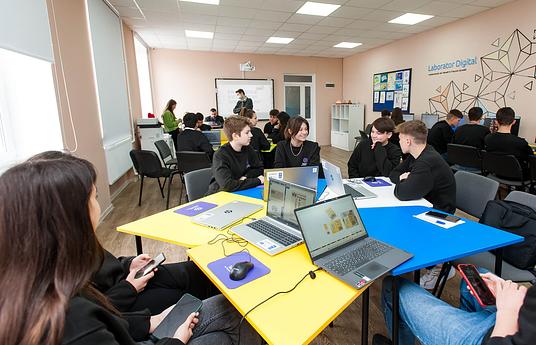The LEAF programme rests on the belief that children need to experience nature for themselves and society as a whole. Over half of the world’s population now lives in urban areas, strengthening the need to connect with nature. A growing body of research in the education field suggests that outdoor learning has many benefits on an educational level and fosters students' personal development.
The LEAF programme has the potential to transform the quality of education by engaging children in wholesome experiences instead of sedentary and unidirectional classroom teaching and learning. Working outdoors along with others also helps build interpersonal and social skills that are being challenged with the advent of technology and increasing screen time. If well-designed, outdoor actions can build strong linkages with the community and help young people experience altruistic community service and active citizenship.
LEAF encourages environmental education through awareness-raising among students, teachers, and the wider community. It instils in students a sense of ownership of their natural surroundings, rekindling in them the wonderment that ecosystems evoke and reminding them of the vital role the environment and nature play in our lives. By engaging in outdoor activities, children develop a sense of responsibility for the environment and a desire to protect it.
The Learning about Ecosystems and Forests (LEAF) programme is currently being implemented in 28 countries with more than 694,600 students and 20,700 teachers involved. The outdoor education programme reaches 3,833 schools and has resulted in the planting of 38,780 trees in 2022 and a monthly average of 74 hours dedicated to outdoor learning.
At the Foundation for Environmental Education, we would like to keep supporting the programme's implementation worldwide, while sharing and creating educational and training resources for students and teachers. We are aware, that some teachers lack the confidence to take students outside the classroom and for this reason, the LEAF network aims to keep on providing and sharing inspirational resources, training, and good practices.
To engage with the LEAF programme, a school should first register with a LEAF National Operator. In countries without a LEAF National Operator, International Schools can apply to join the programme through the FEE Head Office. You can check if your country has a National Operator at: www.leaf.global/national-offices.
%20(2)%20(1).jpg)


